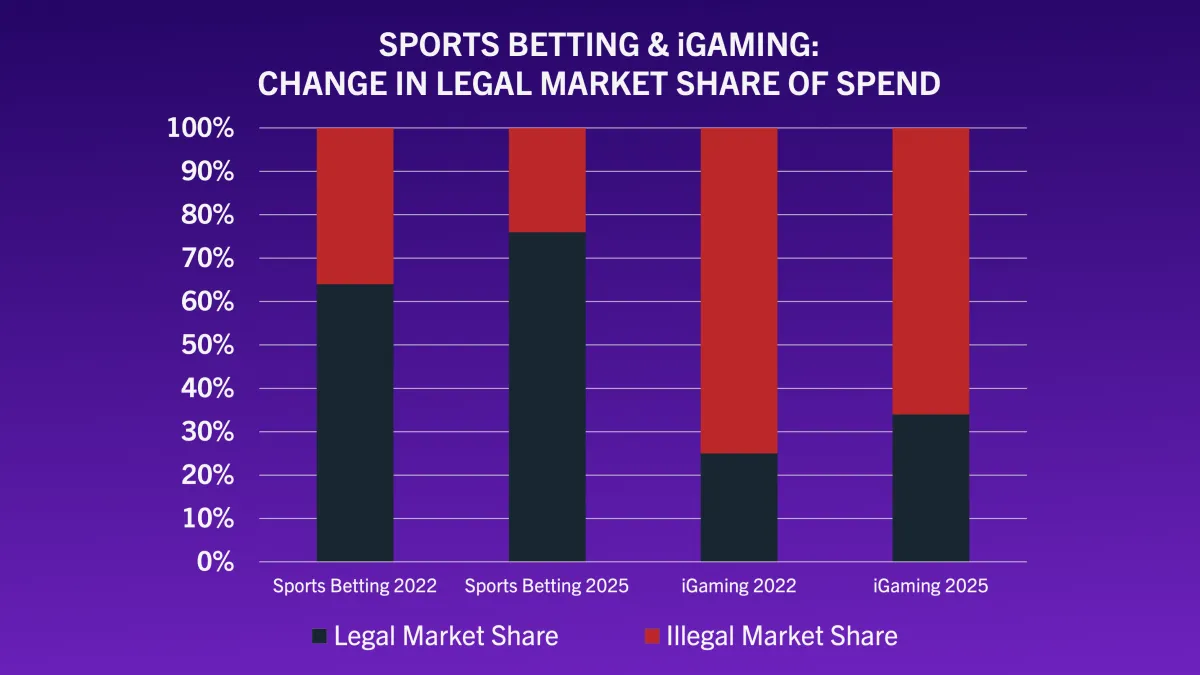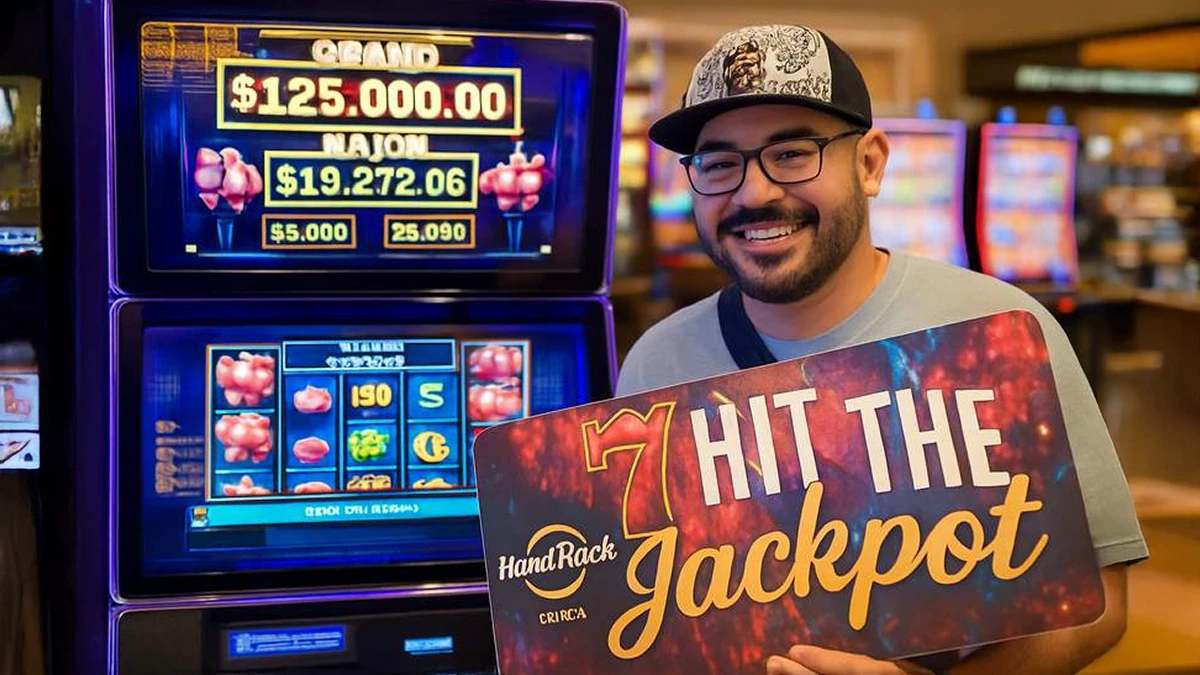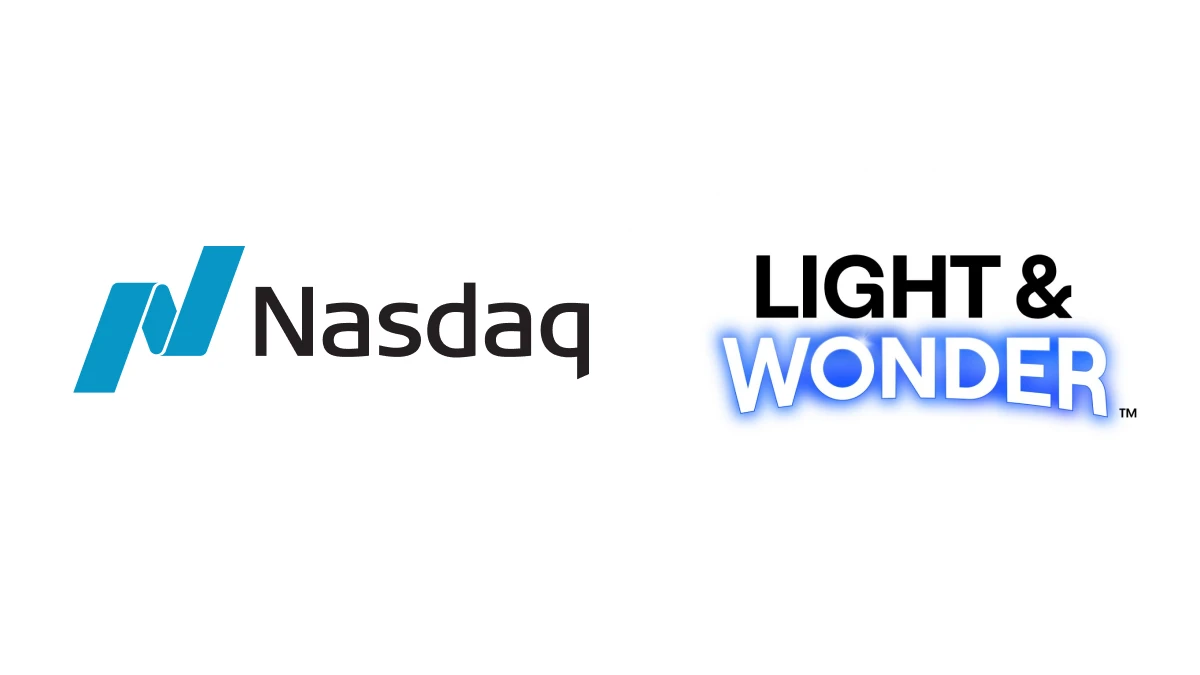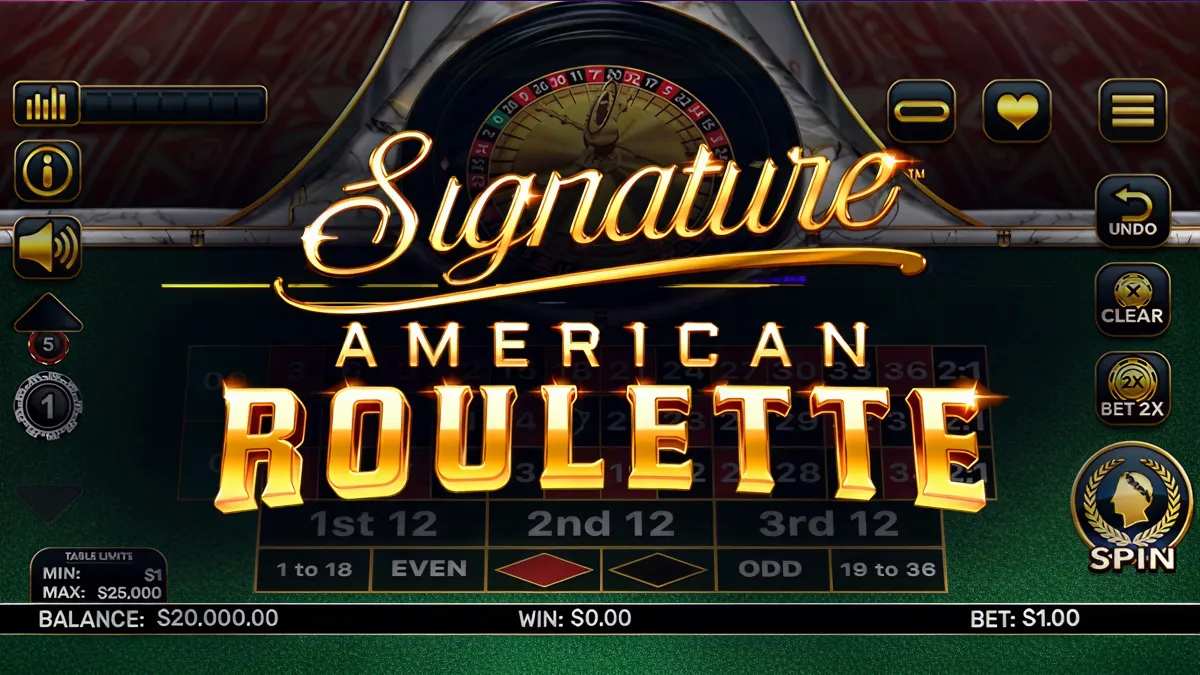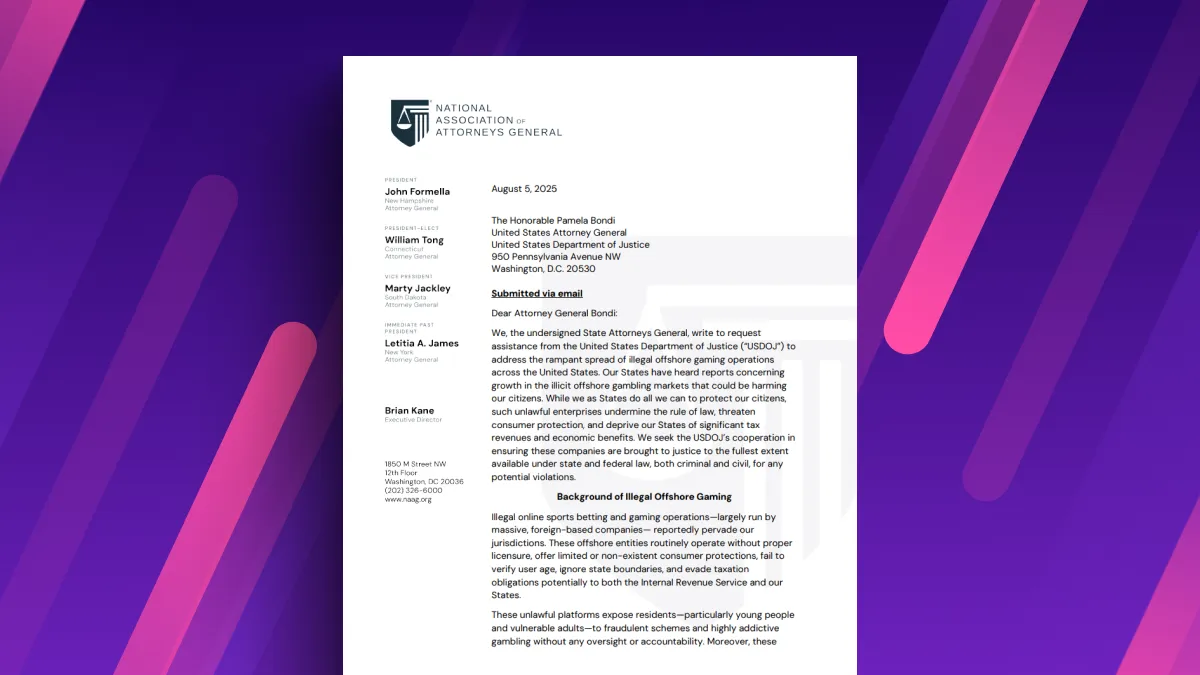South Dakota Warns Residents About Illegal Online Casinos
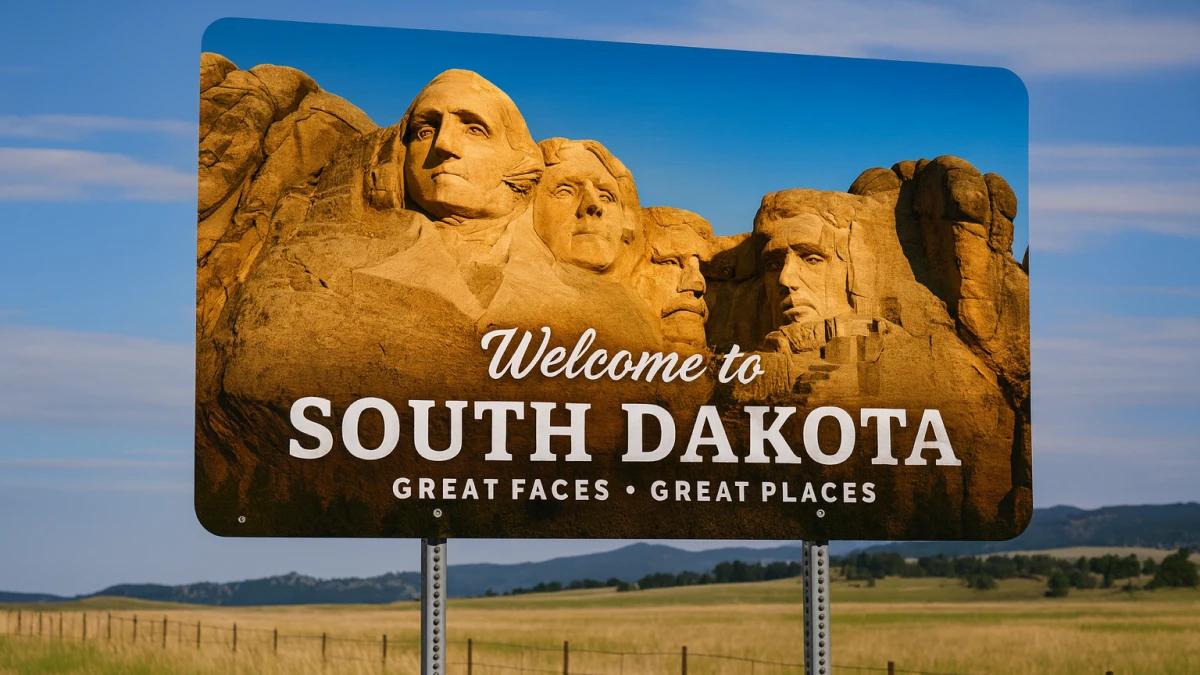
1.0
Default
The South Dakota Commission on Gaming is the newest regulatory authority to warn South Dakotans against illegal online casino gaming. The group has recently released a PSA informing the general public about an influx of unregulated casinos in the state, pretending to be legitimate websites that market to SD visitors and residents.
The South Dakota Commission on Gaming has issued a public service announcement warning residents and visitors about a surge in unlicensed online casino platforms posing as legitimate operators. The regulator says these unauthorized sites are engaging in deceptive marketing and operating in violation of state law, which does not permit online casino-style games.
According to the commission, several fake websites and advertisements are deliberately mimicking the logos, branding, and promotional styles of licensed tribal and commercial casinos in South Dakota. Some platforms are also enticing players with 'unrealistic bonuses' and 'guaranteed winnings' - offers the regulator says are clear warning signs of potential scams.
"The South Dakota Commission on Gaming remains committed to protecting the integrity of legal gaming in our state and safeguarding consumers from fraud and abuse," the commission said in its PSA.
Protecting players from financial and security risks
The regulator's warning demonstrates growing concerns over financial losses, identity theft, and consumer exploitation linked to illegal gambling platforms. Unlicensed operators often operate outside US jurisdiction, making it difficult for victims to recover funds or hold companies accountable.
South Dakota officials are urging players to remain vigilant and verify the legitimacy of any gambling service before engaging. Bettors are advised to avoid clicking on suspicious ads, double-check licensing credentials, and steer clear of platforms that make unrealistic promises.
The state's stance aligns with a broader national push by regulators to curb the influence of unlicensed operators. Several states have recently launched awareness campaigns highlighting the risks associated with illegal gambling platforms.
Meta tightens gambling ad rules
The commission's warning follows recent moves by Meta, the parent company of Instagram and Facebook, to restrict gambling-related advertising from unauthorized operators. Under Meta's updated policies, companies must apply for permission to advertise gambling products through the Permissions and Verifications portal in its Business Suite. Advertisers must disclose whether they are aggregators, operators, or affiliates, identify target territories, provide proof of licensing, and confirm their legal business names and official websites.
Meta's rules also prohibit targeting individuals under 18 and require influencers promoting gambling content to register as affiliates. While the policy does allow advertising for social casinos and free-to-play games without prior approval, there is currently no explicit mention of online sweepstakes. However, a spokesperson for the South Dakota Commission on Gaming said that the state has not yet observed a measurable impact from Meta's policy changes on unlicensed operators in the region.
Other states issue similar warnings
South Dakota's move mirrors action taken earlier this year by the Arizona Department of Gaming. In its own PSA, the ADG warned against unauthorized online casinos and sweepstakes platforms, noting that only certain free-to-play games are legal in Arizona.
Arizona's regulations for free-to-play games are strict, requiring 'no consideration or purchase' and prohibiting any additional conditions for participation. However, the state's gaming laws do not explicitly define sweepstakes gaming, leaving a regulatory gap that some unlicensed operators attempt to exploit.
By joining Arizona in raising public awareness, South Dakota is signaling that the problem of unlicensed online gambling is not confined to one region - it's a growing concern for gaming regulators nationwide.
As illegal online casinos continue to adapt and market aggressively to US players, regulators face the challenge of keeping up with evolving tactics. Both state-level oversight bodies and major tech platforms are under pressure to strengthen protections for consumers while ensuring that legal gaming operations maintain their integrity.












